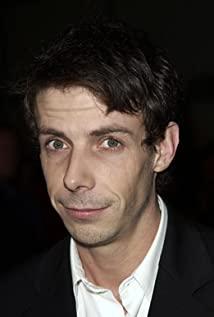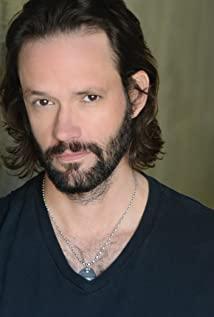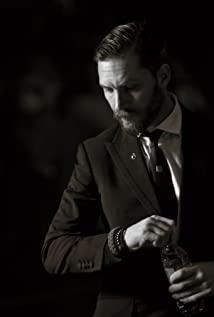In fact, I think it's a story of growing up. Forrest went from being ruthless (sultry) to tender, but the middle-aged Howard, who was taciturn, combed his head and joked to his brother, "Uncle Forrest, come on, get up and dance" . The young Jack did not dare to fire a gun when he was a child. He was reckless and youthful. When his good brother was killed, when the big brother fell down with a gunshot wound, the young Jack clutched the injured chest, took the big brother's pistol, and chased and killed step by step. Finally, the picture is right. heralds the boy's growth.
In fact, the boy's growth is painful and instantaneous. Then again, growing up is painful. Jack lost his playmate for love but also gained love, Forrest was also moved by his throat cut for love. Loss and gain are always intertwined; life is nothing but resistance and persistence. At the end of the film, in the tone of middle-aged Jack, in that small wooden house, the fire is booming, three men and women are sitting next to them, and a group of children are laughing and playing. There is no need for a lifetime.
The film is simple and crude, and the picture is real. Music is always whispering in your ear when Nima is due, strumming the strings to pluck youth, those bloody shootings, those mountains and cowboys, are gone. Right now, I really want to sit in the windy corridor by myself, do nothing, light a cigarette - hell, it's so quiet around here.
View more about Lawless reviews











